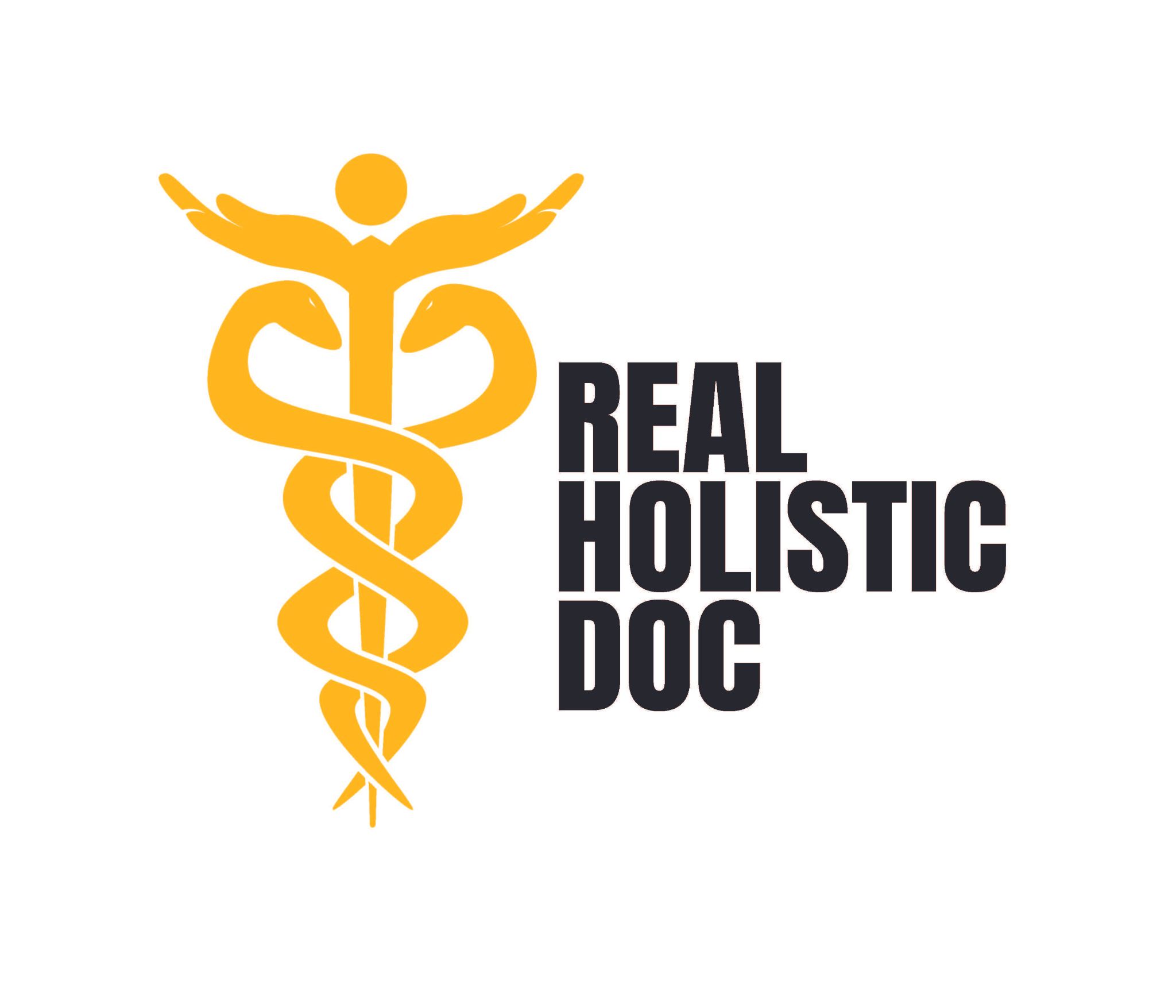WHY WE ARE DEPRESSED & ITS CURE
- Depression is one of the leading causes of disability. It also contributes significantly to: a) cancer, b) heart disease, c) cognitive decline and senility, d) weakness in the immune mechanism, e) sluggish hormones, and f) acceleration of the changes of aging. Thus, depression is far more than just feeling sad.
- At the psychological level, depression is more than a feeling of discouragement. It also manifests as: a) apathy and inertia, b) emotional numbness, c) exhaustion, d) a shrinking of our imagination, curiosity, and withdrawal from our usual interests, and e) a retreat into old habits and living only at a survival level of existence.
- The actual causes of depression usually come from our: a) obsessive concern and care for many things, b) the rigid sense of our role and priorities, c) the narrow agenda and standards we set for ourselves, and d) our unrealistic high (or low) expectations.
- The stages of descent into depression consist of: a) an accumulation of melancholy mood, b) a sense of being disconnected from our inner joy, core values, and ability to relate to the subtle sides of life, c) a compression of assorted negative feelings and thoughts, d) physiologic imbalances in the nervous system and hormones, and e) long term depression.
- The real causes of depression (and the things we can fix in ourselves) are: a) our way of selectively focusing on the worst aspects of our past, future, or daily experiences, b) our obsessive fussing about what is wrong, missing, or unfair in our life, c) the habit of self-pity and absorption in our frustrations, and d) our attitude of alienation and cynicism.
- Realize that we convert a discouraging experience into a failure story when: a) we agonize about this experience, b) decide that it was our fault, i.e., due to our weakness or lack of skill, and c) conclude that this is a permanent weakness of character for us and a permanent debt that we owe to someone or something.
- We add more hopelessness and helplessness to our depression when we begin to blame others and external situations for our mental-emotional status. This interpretation puts the center of power (to change and heal) outside of ourselves & disables our ability to heal.
- The relief and cure of depression requires that we identify and stop habits of: a) low expectations combined with high demands, b) agonizing about our past or future, c) blaming others, d) negative comparisons, e) blaming ourselves for being less than we ''should'' bee, and, f) endless resentment about our hardships and burdens.
- The cure of depression is accelerated as we learn to attune and rest in our spiritual heart's love and joy and use its power to: a) dissolve negative beliefs, and b) find the strength to accept our difficulties gracefully and patiently.
?
